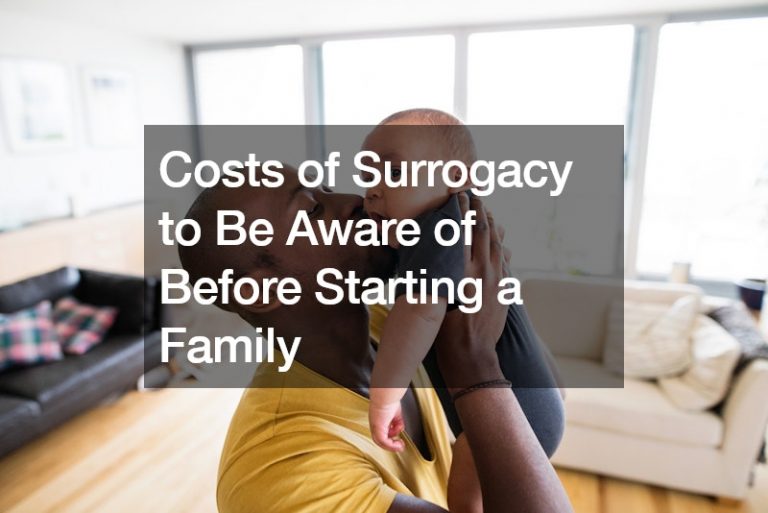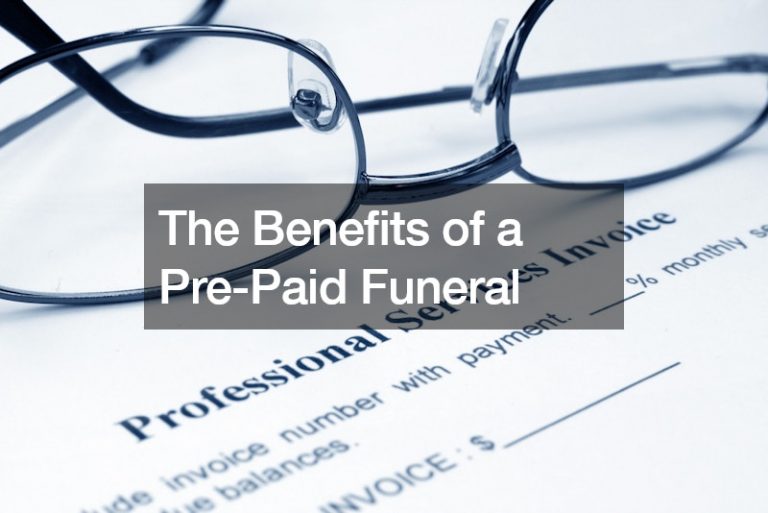Despite the restrictions to stop the spread of COVID-19, disputes between employers and employees increased.
Almost all aspects of everyday life changed during the pandemic, and that includes the way we work. Many non-essential businesses have to close down their offices for more than a year. Work, however, continued for many American adults, but they had to do it at home.
However, despite the new setup, many employers and employees still clashed for various reasons.
Employment Lawsuits Rose
Across the country, between January 2020 and March 2021, more than 2,000 employment-related lawsuits were filed. Concerns over workplace safety, plant shutdowns, businesses closings, mandatory stay-at-home orders resulted in complaints that, later on, led to people and organizations getting sued.
One big example is Amazon which is being sued by the attorney general of New York for allegedly failing to protect its employees from the spread of COVID-19 at the workplace. The company also allegedly fired workers who complained about the unsafe practices at their facilities.
Amazon has several offices and fulfillment warehouses in New York.
Experts warn that more are coming. As restrictions are lifted, there will be a “tsunami” of pandemic-related lawsuits stemming from across several practice areas and industries. They predict that most of these complaints will involve insurance, civil rights, contracts, and, of course, labor and employment.
Two Factors Behind Employment Lawsuits
There are a variety of reasons why employees might sue. The pandemic has affected work in many ways, but two stand out.
First, employees might claim that they were fired because their employer retaliated after they complained about the company’s neglect for workplace safety rules. The pandemic created new standards to protect workers from illnesses.
Second, the pandemic led to the creation of new employee rights and forced employers to adhere to new legal requirements. When employees feel that these new rights or legal requirements are being trampled on by their employers, they might sue.
Can You Sue an Employer?
Anyone who feels wronged by their employers can file a lawsuit against them. However, whether the plaintiff has a chance of winning the case is something that they need to discuss with a lawyer. A lawyer will determine if there is a strong case, what they will need to get a favorable ruling, or if it needs to go to court.
There are alternative ways to resolve a dispute that does not involve a long and arduous hearing. A lawyer may recommend professional judicial arbitration and mediation services. There are services that offer both to employers and employees that do not want to escalate the case.
Arbitration involves a neutral arbitrator who acts as a judge. They listen to both sides and make a decision. The decision is final and binding on both parties.
Mediation is similar. An impartial facilitator will hear both sides. However, instead of making a decision, they will try to facilitate both parties to negotiate and arrive at a conclusion that makes both of them happy.

Can You Sue an Employer for COVID-19 Infection?
During the pandemic, many workers had to continue working on-site, putting them at risk of infections. They are medical health workers, public transportation workers, grocery workers, restaurant workers, delivery workers, and many others.
Unfortunately, contracting COVID-19 at work is unlikely to be a winnable case, especially when brought to court. It will be the plaintiff’s duty to prove that they contracted the illness at the workplace. With COVID-19’s long incubation period, it is challenging to pinpoint where exactly one caught the virus.
Almost all on-the-job injuries and ailments are covered by the workers’ compensation law. It is a no-fault system that assumes that no matter who is at fault, if the injury or ailment happened at the workplace, they will be paid a certain percentage of their salary. However, claiming workers’ compensation insurance will bar the employee from suing their employer for pain and suffering.
Can You Sue an Employer for Firing?
Millions of Americans lost their jobs in 2020 because of the restrictions that were created to control the pandemic. Many lost their income because their businesses had to close, some permanently, over the past year. Others were fired after their companies downsized due to the recession caused by COVID-19.
Unfortunately, not all terminations can lead to a lawsuit. An employer can terminate employees for any reason as long as it is not discriminatory. So, if an employer fired a person during the pandemic because the business is no longer earning enough to pay everyone, there is no case.
However, if the employee was fired after they complained about unsafe working conditions, it is time to get a lawyer. It is a case of retaliation and is prohibited by the law.
Employers are also barred from firing an employee because they took care of a loved one who is ill. The Family Medical Leave Act gives employees up to 12 weeks of unpaid time off from work and protects them from losing their jobs.
The pandemic has led to thousands of work-related lawsuits from across the nation. Employees who feel wronged should consult a lawyer to see if they have a case against their employer.











